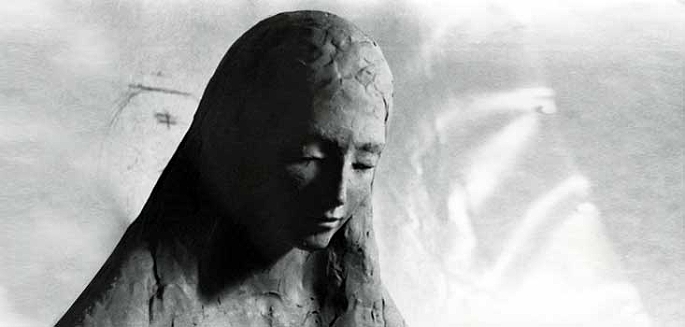
Ave Cerquetti, ‘Bella Accoglienza’ – Rome, 1961

Ave Cerquetti, ‘Bella Accoglienza’ – Rome, 1961
Place yourself at the service of others
The international group has launched a new musical project entitled “Tutto parla di te – Preghiera in musica” (“Everything speaks about you – Prayer in music”), available online on the major digital platforms.
At a time when humanity is threatened by increasing violence and despair, that Pact can instil a new hope in us.
On 26th June, 2025, Giulio Ciarrocchi returned to the house of Father. Giulio was a married focolarino who together with his wife, Pina, worked at the Secretariat of New Families from 1079-2014. To him the Focolare Movement expresses its deep gratitude for his legacy and the example of an immeasurable and fearless faith.
0 Comments